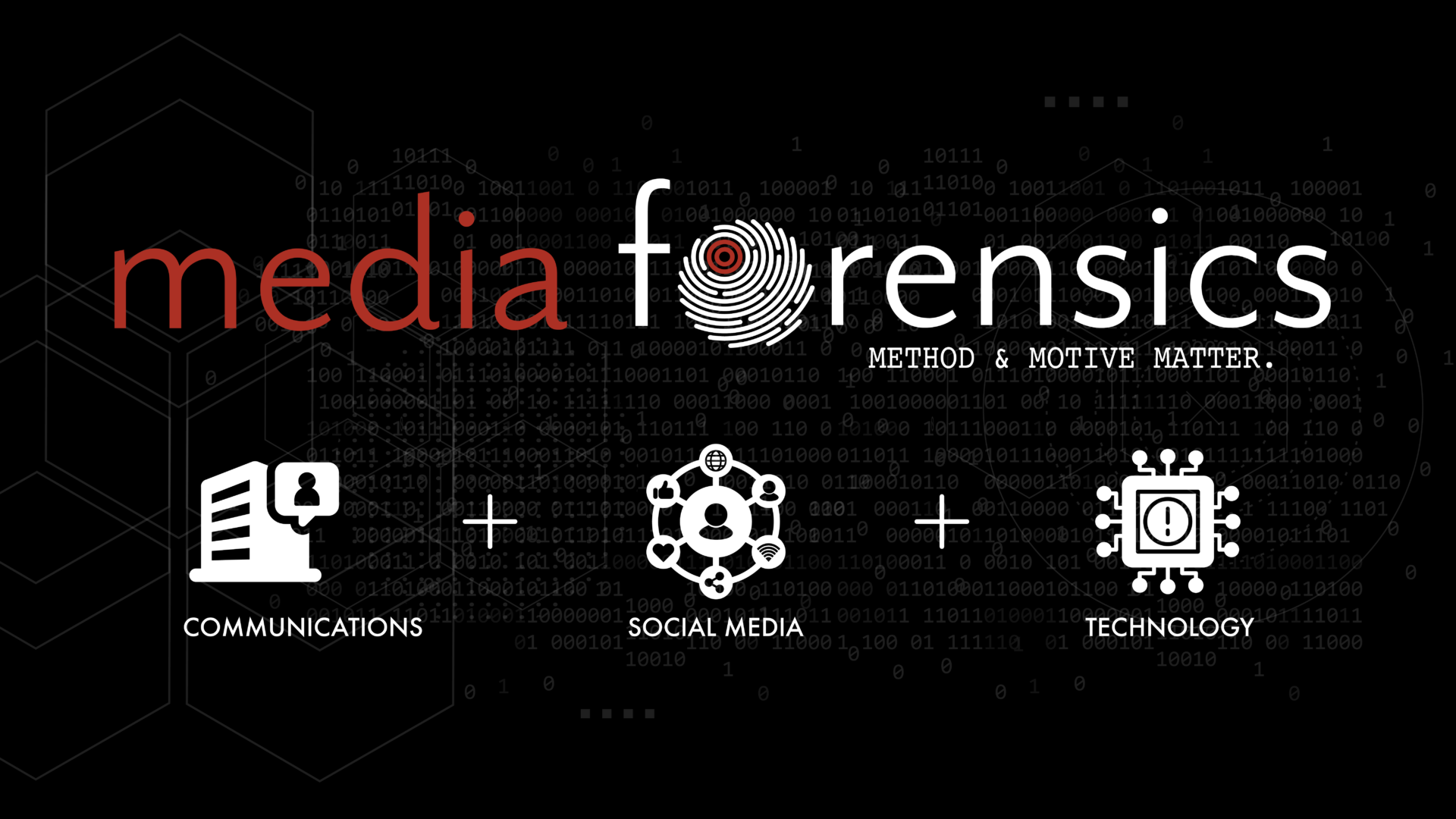The moral of Chicken Little is simple: the sky is not falling, the world is not coming to an end, Chicken Little suffers from paranoid delusions, narcissism or some other disorder.
But let’s pretend Chicken Little had a real motive behind his warning cry. Maybe he disliked The Other and wanted to take them down by creating chaos, fear and confusion. Perhaps he didn’t like chickens that didn’t look like him or cluck like him; perhaps he felt others had Too Much and he had Too Little; or, he had a special relationship with the God of Chickens—he believed the sky was falling and that was enough.
Back in his day, he failed to create a revolution. He could only squawk his fears to a few random passers-by, but lacked the ability to spread his message deeply enough into the business of chickens overall. His cohorts sensed his aberrations, evaluated the reality in front of them and rejected his false claim. Such was the downfall of poor Chicken Little. An evolutionary win for the benefit of chickens as a whole.
But give his motive a method and it’s another story. Arm him with Facebook, Twitter, Reddit, YouTube, WhatsApp, 4chan, 8kun, Discord, Gab and Internet access. This would provide him with the tools he needed to get his word to his anti-something pals. He could start by creating the illusion that scores of other chickens agree with him, and that leads to scores of others actually agreeing with him. If you can find a bunch of animals who share your feelings, you think your feelings are legitimate. This is an evolutionary trait built to protect us, written into the DNA of virtually every social creature on the planet.
Social animals want to believe what they want to believe. If they find information and social consensus to support those beliefs, they will believe it. If information counters their belief, and that information is beaten into vague deniability by hundreds of other counter-claims, it’s cognitive chaos and the animal falls back on the only thing she truly knows: how she feels.
Greta Thunberg may be coming to mind about now. She’s declaring that the sky is falling. Arguably, she’s emotional about her belief. But her belief is based upon fact. That’s the difference. Emotions motivate. Facts direct where to put that motivation. That Meat Loaf thinks she’s a Chicken Little, well, what can one say, really?
To see just one current-day example of how social media short-circuited that protection, Google “Coronavirus Fake News.”

In short, technology has subjected us to a rate of change that supersedes the rate of human adaptability, as illustrated by Mary Meeker’s 2019 Internet trends report graphic (below). True, technology alerts us to epidemics and hurricanes, but far less successfully when it becomes a million megaphones sounding thousands of different alarms. Our ability to absorb and react to information only works with a comprehensible and limited data set. Today’s data set is neither of those.

Illustrating what happens when change outpaces adaptation, consider this analog: evolution has created an organ—your eyes—suited to take in the optimal amount of light in order for us to assess what is around us. That “optimal amount” has been dynamically sculpted by our environment and is specifically adapted to suit the survival of the species based upon millions of years of data.
Now, imagine you are sitting in a dark room and someone turns on a 5000 watt spotlight directed straight at your eyes. You’re blind. The light has overloaded your sensory organ that was designed for what’s it’s been exposed to for thousands of years. Social media is that spotlight, but for our brain. We cannot take in this volume of disparate information and make any sense of it. The result is cognitive blindness.
If we cannot trust our senses or cognition, humans are left with one option to assess threats, benefits and our environment: our emotions. And, while emotions motivate us to act quickly, raise our young effectively (more or less), care for others and maintain order within our surroundings, it’s dangerous to try and survive solely on their subjective nature. We seem to forget we are animals — nothing more, nothing less — reliant upon emotions, yes, but also upon factual data and the slow morph of evolution for survival.
What are the implications of relying on emotions and denying facts? Meet a prairie dog named Greta, motivated by the survival of her tribe, who uses her senses to alert her fellow genus Cynomys of a threat:

Good Greta!
Now meet Mitch who denies the alarm, betrays himself and his fellows for some mysterious personal reason. Maybe Greta took Mitch’s job, his spouse, his burrow, his broadleaf forb. Maybe there was some dispute over t-shirt sales. Maybe Greta denies Mitch’s one true god. LBH, Mitch just doesn’t like Greta. Mitch would be harmful enough as a single voice betraying evolution and his fellow prairie dogs through self-serving misinformation. But if Mitch had Twitter …

There’s no doubt that social and digital media have improved lives in thousands of ways — a list too long to provide and that’s a different article. But its impact on us is dialectical. It can both potentially crowdsource a cure for cancer AND destroy democracy. And that’s the truth.
Call me Chicken Little. Some years ago — never mind how long— it turns out the little chick may have been right: The threat does come from the clouds—or, at least, The Cloud.

